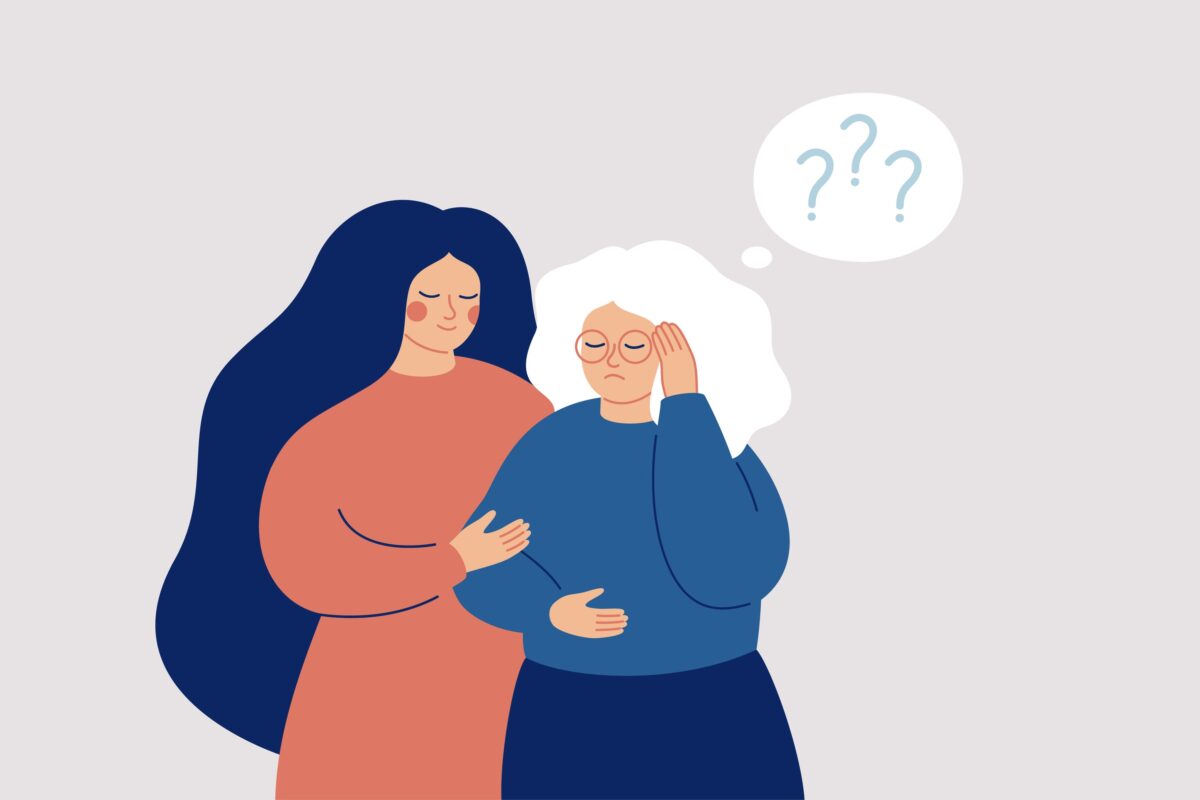In an ever-evolving field of mental health research, psychologists have recently delved deeper into the intricate relationship between mental well-being and the quality of sleep. While it has long been acknowledged that mental health and sleep are intertwined, a recent study has shed new light on the complex interplay between the two, prompting psychologists to offer valuable insights into this critical issue.
The study, which has garnered attention within the scientific community, was conducted by a team of dedicated researchers and published in a reputable journal. According to the study’s findings, the link between mental health and sleep is undeniable, with each having a profound impact on the other. The research, which involved extensive data analysis and interviews with individuals experiencing mental health challenges, reveals some compelling insights.
Sleep Deprivation: A Catalyst for Mental Health Issues
One of the most noteworthy revelations from the study is the significant role sleep deprivation plays in the development and exacerbation of mental health disorders. Psychologists have long suspected a connection, but this study provides concrete evidence. Dr. Emily Stevens, a prominent psychologist and one of the study’s lead authors, commented, “Our findings underscore the importance of sleep in maintaining mental health. Sleep deprivation can lead to increased anxiety, depression, and stress levels, making it crucial to prioritize good sleep hygiene.”
The study found that individuals who consistently experienced poor sleep quality were more likely to exhibit symptoms of various mental health disorders, including anxiety and depression. Dr. Stevens emphasized that addressing sleep issues early on could potentially prevent the onset of more severe mental health conditions.
Mental Health Impacts Sleep Patterns
While sleep deprivation’s effect on mental health is well-documented, the study also highlights how mental health conditions can disrupt sleep patterns. Individuals grappling with anxiety disorders, for example, often experience racing thoughts and restlessness that make it difficult to fall asleep or maintain a consistent sleep schedule.
Dr. James Mitchell, a clinical psychologist with expertise in anxiety disorders, explained, “Anxiety can create a vicious cycle of sleep disturbances. The heightened state of alertness and worry associated with anxiety can lead to insomnia or disrupted sleep, which, in turn, worsens the anxiety. It’s a challenging cycle to break.”
Insights for Better Mental Health and Sleep
Psychologists involved in the study have provided valuable recommendations for individuals seeking to improve their mental health through better sleep management. Establishing a regular sleep routine, creating a comfortable sleep environment, and avoiding stimulants close to bedtime are among the strategies suggested.
Moreover, therapy and counseling can play a pivotal role in addressing both sleep and mental health issues simultaneously. Cognitive-behavioral therapy for insomnia (CBT-I), for example, has shown promise in helping individuals overcome sleep problems while also addressing underlying mental health concerns.
The Importance of Public Awareness
As the study findings make their way into the public sphere, mental health advocates and healthcare professionals are emphasizing the importance of raising awareness about the intricate connection between sleep and mental health. Dr. Sarah Johnson, a psychiatrist and mental health advocate, commented, “Understanding this link is crucial for both individuals and healthcare providers. It underscores the need for a holistic approach to mental health care that includes sleep as a vital component.”
In conclusion, the study conducted by psychologists sheds light on the undeniable connection between mental health and sleep. The findings underscore the importance of prioritizing sleep quality to maintain good mental health and vice versa. With increased awareness and a holistic approach to mental health care, individuals can take proactive steps to improve their overall well-being, one night of restful sleep at a time.



